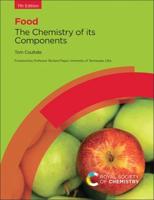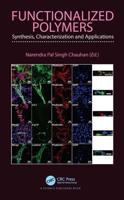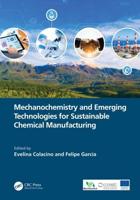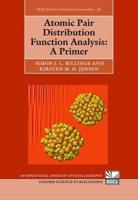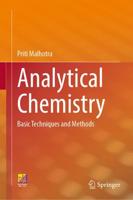Publisher's Synopsis
Emphasizes the integration of major areas of drug discovery and their importance in candidate evaluation
It is believed that selecting the "right" drug candidate for development is the key to success. In the last decade, pharmaceutical R&D departments have integrated pharmacokinetics and drug metabolism, pharmaceutics, and toxicology into early drug discovery to improve the assessment of potential drug compounds. Now, Evaluation of Drug Candidates for Preclinical Development provides a complete view and understanding of why absorption-distribution-metabolism-excretion-toxicology (ADMET) plays a pivotal role in drug discovery and development.
Encompassing the three major interrelated areas in which optimization and evaluation of drug developability is most criticalpharmacokinetics and drug metabolism, pharmaceutics, and safety assessmentthis unique resource encourages integrated thinking in drug discovery. The contributors to this volume:
-
Cover drug transporters, cytochrome P-450 and drug-drug interactions, plasma protein binding, stability, drug formulation, preclinical safety assessment, toxicology, and toxicokinetics
-
Address developability issues that challenge pharma companies, moving beyond isolated experimental results
-
Reveal connections between the key scientific areas that are critical for successful drug discovery and development
-
Inspire forward-thinking strategies and decision-making processes in preclinical evaluation to maximize the potential of drug candidates to progress through development efficiently and meet the increasing demands of the marketplace
Evaluation of Drug Candidates for Preclinical Development serves as an introductory reference for those new to the pharmaceutical industry and drug discovery in particular. It is especially well suited for scientists and management teams in small- to mid-sized pharmaceutical companies, as well as academic researchers and graduate students concerned with the practical aspects related to the evaluation of drug developability.


